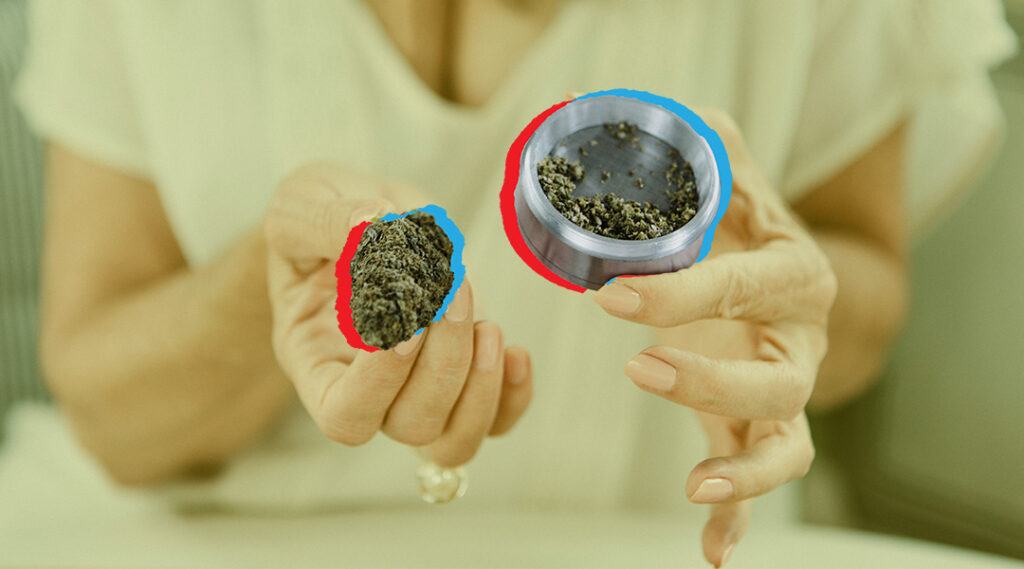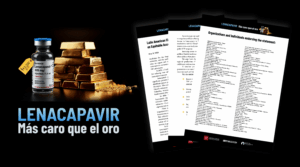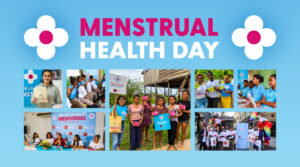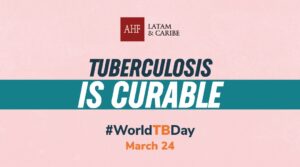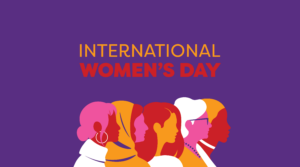Luego de décadas de una férrea oposición al consumo de cannabis, las políticas internacionales antidrogas están contemplando la posibilidad de despenalizar su uso, inicialmente para fines medicinales. Esto incluye a las personas que viven con VIH.
Mientras esa discusión se da en lo formal, la experiencia cotidiana revela que muchas personas con padecimientos crónicos, como el cáncer, la artritis reumatoide, casos graves de epilepsia o el VIH, utilizan cannabis (marihuana) o sus derivados de forma regular, ya que les ayuda a disminuir síntomas, a mejorar el apetito y a manejar problemas de salud mental como depresión y ansiedad.
Es paradójico que, hasta ahora, no se hayan podido estudiar formalmente los efectos de esta planta en todas estas condiciones de salud, puesto que, al ser una droga ilegal en la mayoría de los países (situación que ha comenzado a cambiar en los años recientes), los equipos de investigación no tenían la posibilidad de obtener la cannabis para sus experimentos sin incurrir en un delito.
Sin embargo, los datos obtenidos de la práctica han hecho que, de boca en boca, se recomiende el uso de cannabis para aliviar ciertos síntomas asociados tanto con las enfermedades como con sus tratamientos, como es el caso específico del VIH.
Cannabis y VIH: ¿Una Combinación Beneficiosa
Muchas personas que viven con VIH reportan que la cannabis les ha ayudado a aminorar los efectos secundarios de ciertos tratamientos antirretrovirales, como náusea, falta de apetito o insomnio. Por otro lado, quienes llevan mucho tiempo con el virus y han desarrollado complicaciones debidas al avance de la infección encuentran alivio para distintos tipos de dolor, como las molestias por daño neurológico (neuropatía periférica).
Como lo señala en un artículo Tim Murphy, escritor estadunidense especializado en VIH, se han hecho estudios analizando la experiencia de las y los usuarios de cannabis, y sus resultados han mostrado que muchas veces la planta les ayuda más que cualquier fármaco específico para alguno de los malestares mencionados. Además, cada vez es más aceptado que la marihuana contribuye al tratamiento de la depresión y la ansiedad.
Canabidiol (CBD): La Esperanza para Pacientes VIH
Conforme se ha ido despenalizando el uso de esta planta en ciertos países –en América Latina es el caso de Argentina, Colombia, Chile, México y Perú– ha sido posible fabricar productos medicinales derivados de ella que no tienen un efecto psicotrópico, es decir, que no alteran la conciencia.
Se trata del canabidiol o CBD, una de las sustancias que contiene la cannabis y que actúa contra el dolor, la ansiedad y la falta de apetito, pero que no provoca el efecto de estar “fuera de los cinco sentidos”. También se está comenzando a investigar su potencial antiinflamatorio, que paradójicamente es contrario al que tiene el THC (la sustancia de la marihuana que sí es psicotrópica), el cual parece favorecer la inflamación.
Riesgos del Consumo de Cannabis
Si bien el consumo de cannabis puede traer beneficios para abordar algunos síntomas de las personas con VIH, también representa ciertos riesgos. Por ejemplo, entre los estudios mencionados se evidenció que el 47% de quienes viven con VIH y consumen cannabis experimentan un deterioro de la memoria, mecanismo cerebral que ya se ve afectado por el propio virus.
Por otro lado, fumar marihuana comparte algunos de los riesgos cancerígenos de fumar tabaco, y esto es muy relevante para las personas con VIH porque se ha demostrado que el hábito de fumar es mucho más dañino para quienes viven con el virus que para aquellos que no lo tienen. Así que si la forma de consumo es mediante cigarrillos, es mejor reflexionar seriamente sobre el riesgo-beneficio para la salud.
Sobre esto, la doctora Claudia Martínez, cardióloga investigadora de la Universidad de Miami, Estados Unidos, está realizando un estudio para conocer si el uso de cannabis afecta de alguna manera el riesgo de enfermedad cardiaca en las personas con VIH. Es bien sabido que el tabaco tiene importantes efectos en la salud del corazón, y también es frecuente que las personas que fuman cannabis lo hagan dentro de una hoja de tabaco, lo cual combinaría los riesgos.
De esta forma, el mito de que la cannabis no causa ningún daño “porque es un producto natural” tendrá que irse derribando conforme se hagan más estudios avalados por organismos científicos. Sólo así se podrá conocer las verdaderas ventajas y desventajas de consumir marihuana, ya sea de forma medicinal o incluso recreativa.
Recuerda que la información científica es la mejor guía para tomar decisiones sobre tu salud. Si vives con VIH y tienes dudas sobre cómo manejar los efectos secundarios del tratamiento, tu equipo médico es el indicado para orientarte. Si ya tienes un diagnóstico y todavía no inicias tu tratamiento, en AHF América Latina y el Caribe podemos ayudarte. Sólo acércate a nuestras oficinas en tu país o escríbenos por Whatsapp y conoce nuestros servicios.
